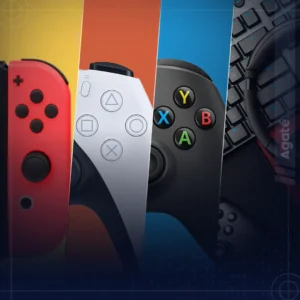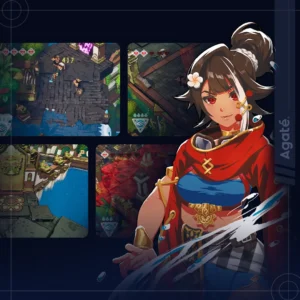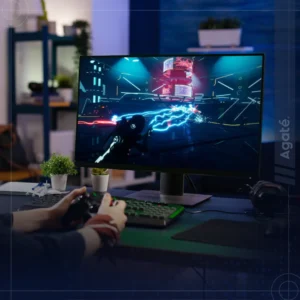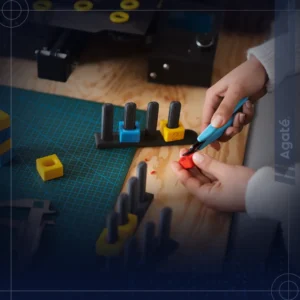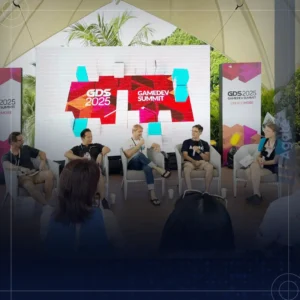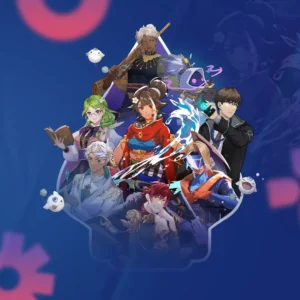Ever wonder how your favorite games are made? Or are you eager to create your own games? Well, look no further because we have got you covered! We’ll provide a thorough process of creating a game, from scratch to life! Let’s check it out!
Creation
This is the starting point of game development. This phase aims to get many potential concepts by exploring the market opportunities, game premises, game system, and theme to decide whether the concept is feasible. In this phase, the Product Manager (PM) leads while working alongside the team.
Ideation
The PM’s team comprises product marketers, market researchers, and designers. They’ll conduct a study to dive into the current market landscape and identify existing problems and opportunities. This means exploring various aspects such as game premises, player demands, industry trends, and themes to comprehensively understand the market.
Pitch
A pitch contains a selection of ideas that have been developed in the previous stage of the project. The aim is to select the best ideas and concepts to be presented to directors and senior leadership.
Feasibility Study
After the idea has been approved by Senior Leadership and Directors, the PM and the team can move on to the next step to estimate the game’s market potential and budget.
Pre-production
During this phase, the PM is still in charge of validating the game design from the initial concepts of user research and trials. The main focus is to prevent major changes in the next phase, so rapid prototyping and design iterations are emphasized.
Game User Research (GUR)
As part of the validation process, research on the target users ensures our game concept is on the right track. In this process, scientific principles are applied to understand the player and their psychology more.
Prototyping
A prototype is a basic version of a game that includes its core features. The main goal of developing a prototype is to test the core gameplay mechanics and interactions through playtesting. By starting with a simple prototype, developers can gradually refine and hone their game’s focus as they continue with the prototyping and testing stage.
Playtesting
Playtesting is a step in game development to validate assumptions, gather feedback, and identify flaws. Regular iteration and playtesting can identify design flaws, usability issues, or potential roadblocks. This enables developers to make necessary adjustments early on so the game product is well-received by its intended audience. It helps to create a more polished and successful gaming experience for players.
Pre-Alpha Concepting
After collecting data from playtesting and previous stages of game development, the next step is to create an MVP (Minimum Viable Product/Pre-Alpha) concept. This concept serves as the initial documentation, including the game design, art, and technical design documents. The MVP concept can be sold and used as a reference during production, providing a clear roadmap for developers to follow.
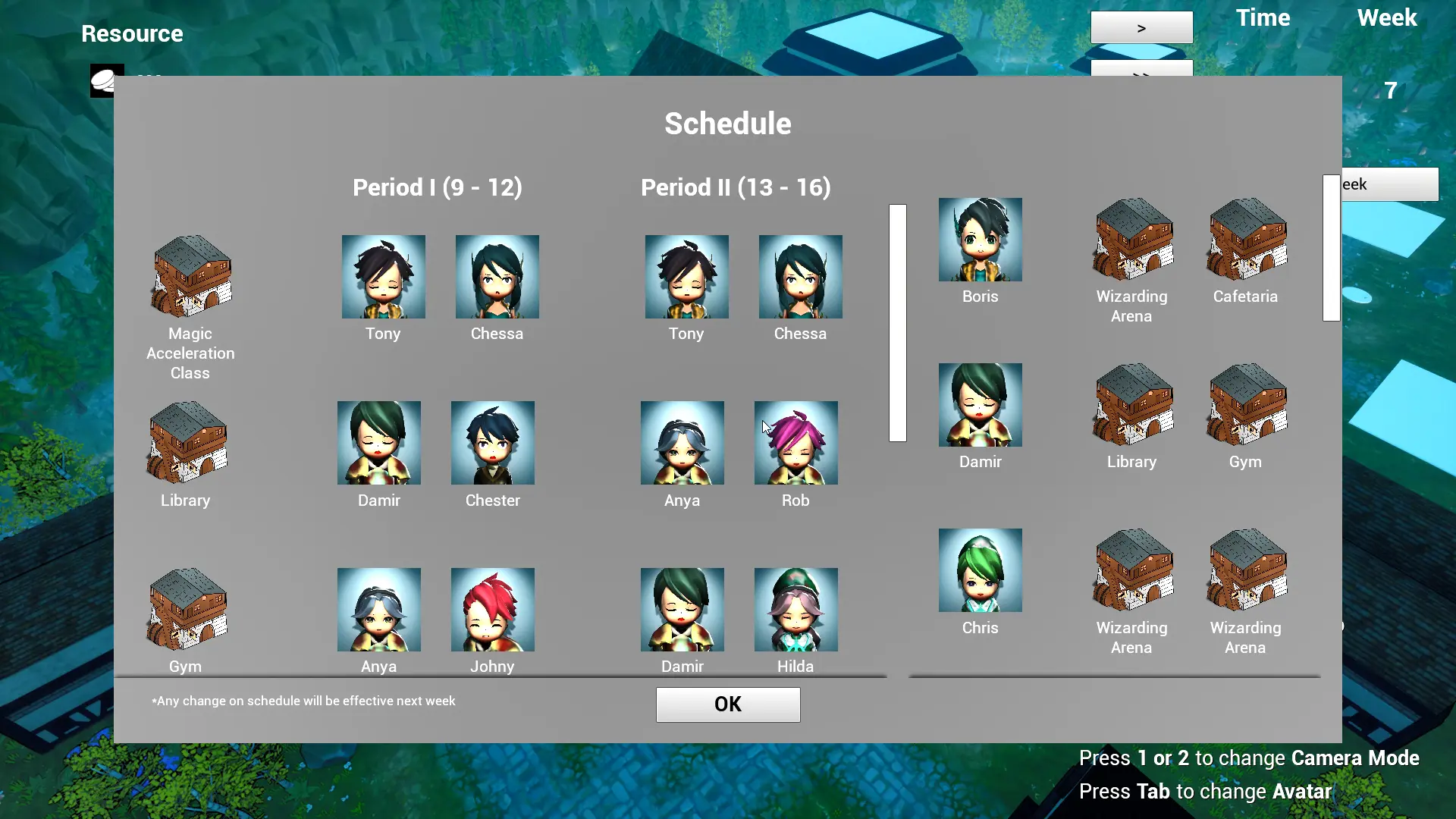
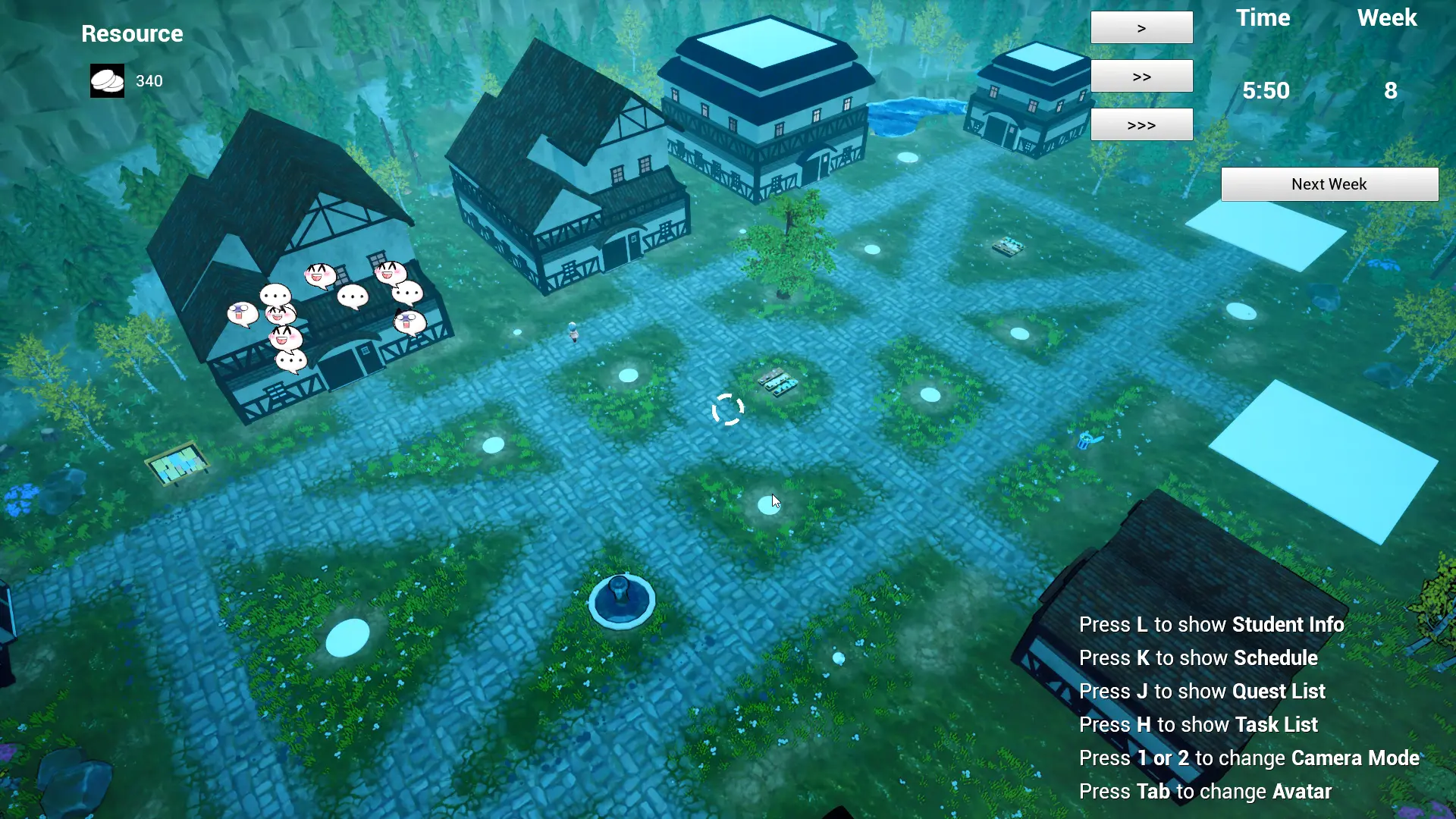
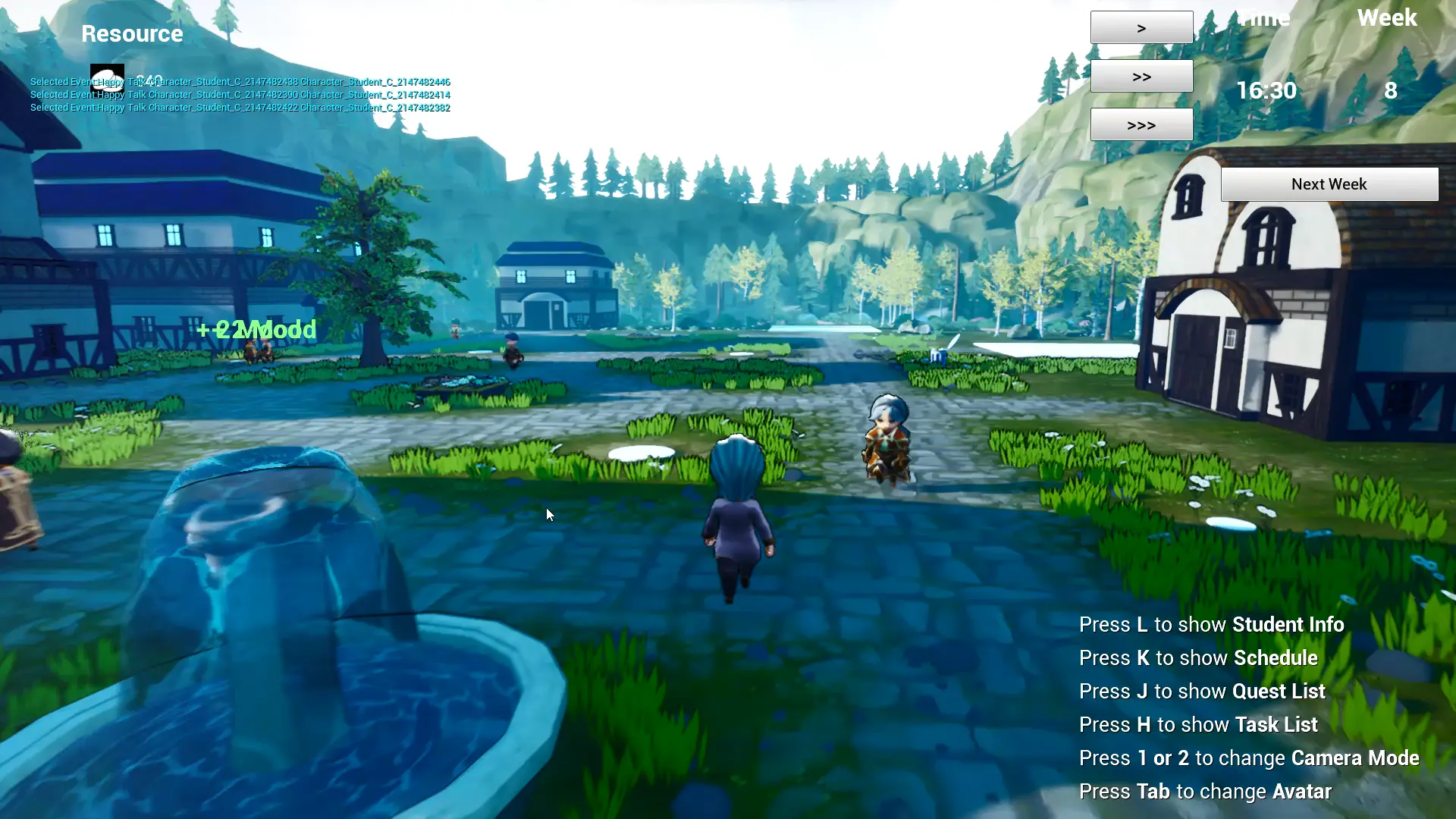
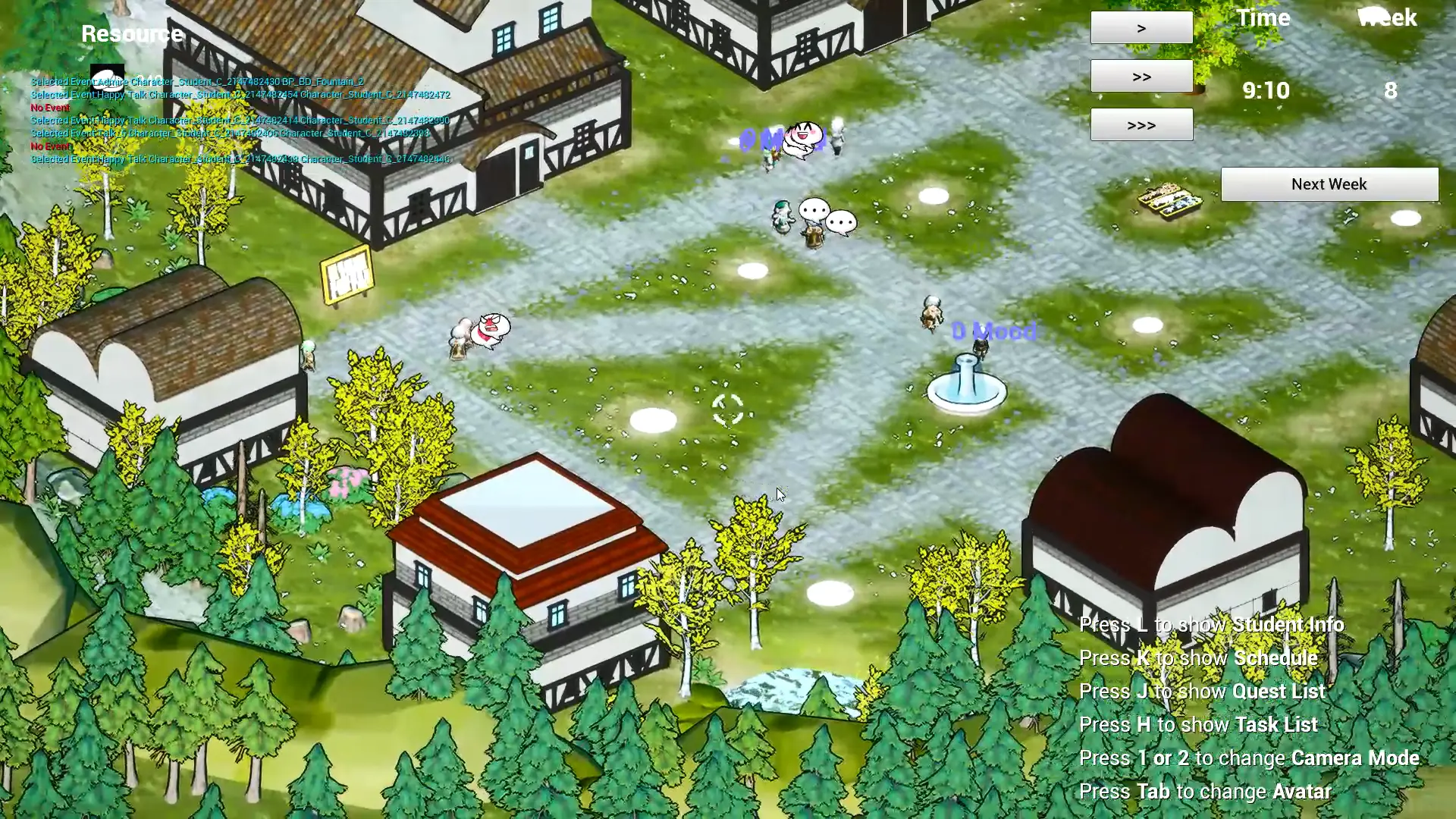
MVP (Minimum Viable Product) – Valthirian Arc Hero School Story 2
Production
During the production stage, the game producer takes on more responsibilities. This stage has several milestones: Pre-Alpha (MVP), Alpha, and Beta. Additionally, some game developers opt for a ‘Stealth Launch,’ releasing the game under a different name and publisher to get early metrics on the players’ response and determine if it’s suitable for release. Iterative production patterns are critical during this stage and should be emphasized throughout the development phase.
Pre-Alpha
The next stage of game development, commonly known as First Playable, involves creating a vertical slice build that incorporates the prototype from the previous stage and follows the specifications outlined in the technical, art design, and game design documents. The goal of this build is to create a playable version of the game that includes all of the key features.
Alpha
In the Alpha stage, the game has all major features and is playable, but only about half the content is complete. During this stage, the game’s core gameplay mechanics are set, but can still be revised based on feedback from testing. The Alpha build can be later used for a stealth launch.
Beta
Beta is the stage when all the important components are done, and the team focuses on fixing any remaining bugs. The main goal is to ensure the game is free of any bugs that could cause problems when it’s released. At the same time, the team is getting ready for the game’s launch by creating marketing plans and arrangements for live operations.
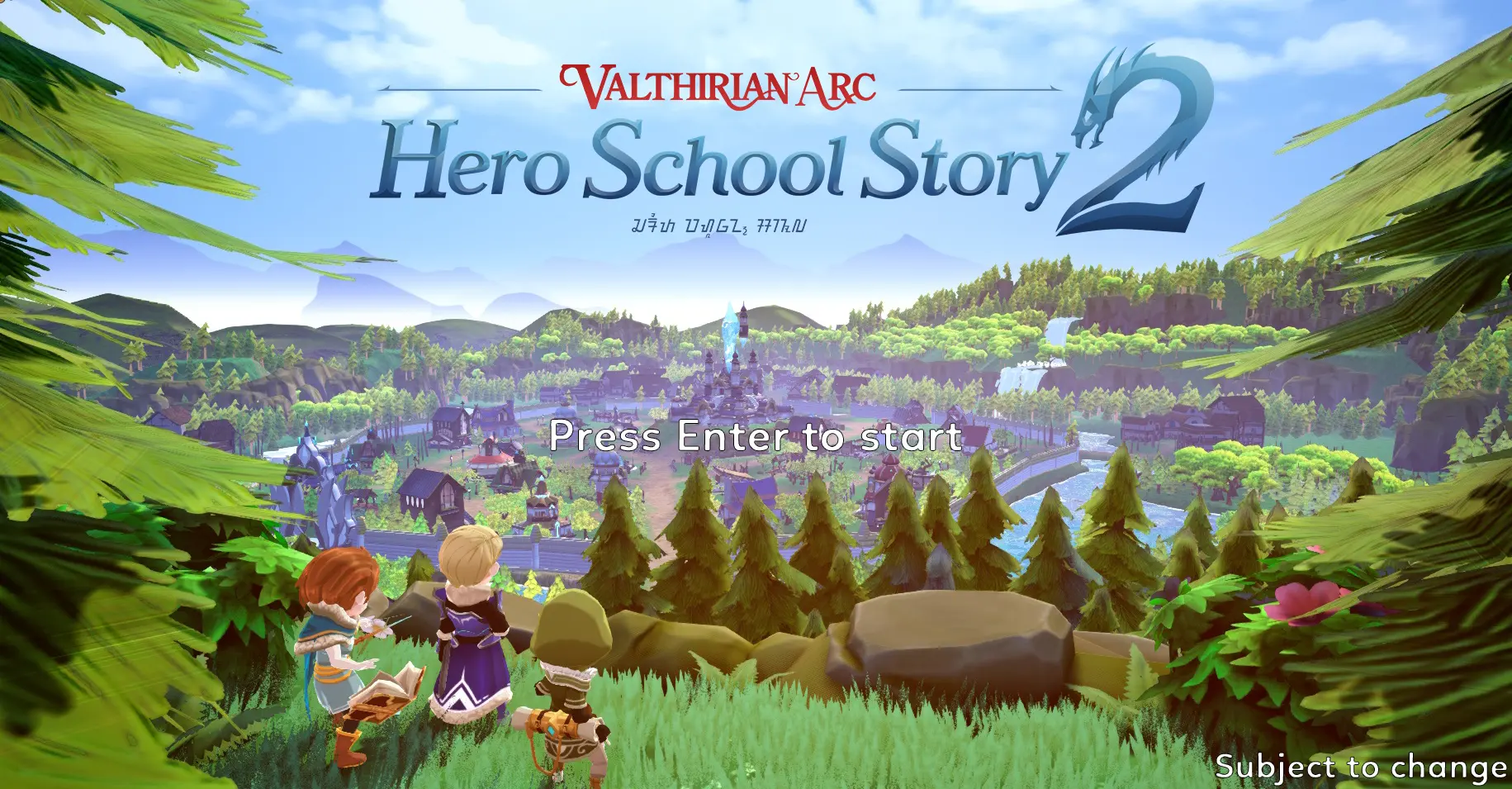
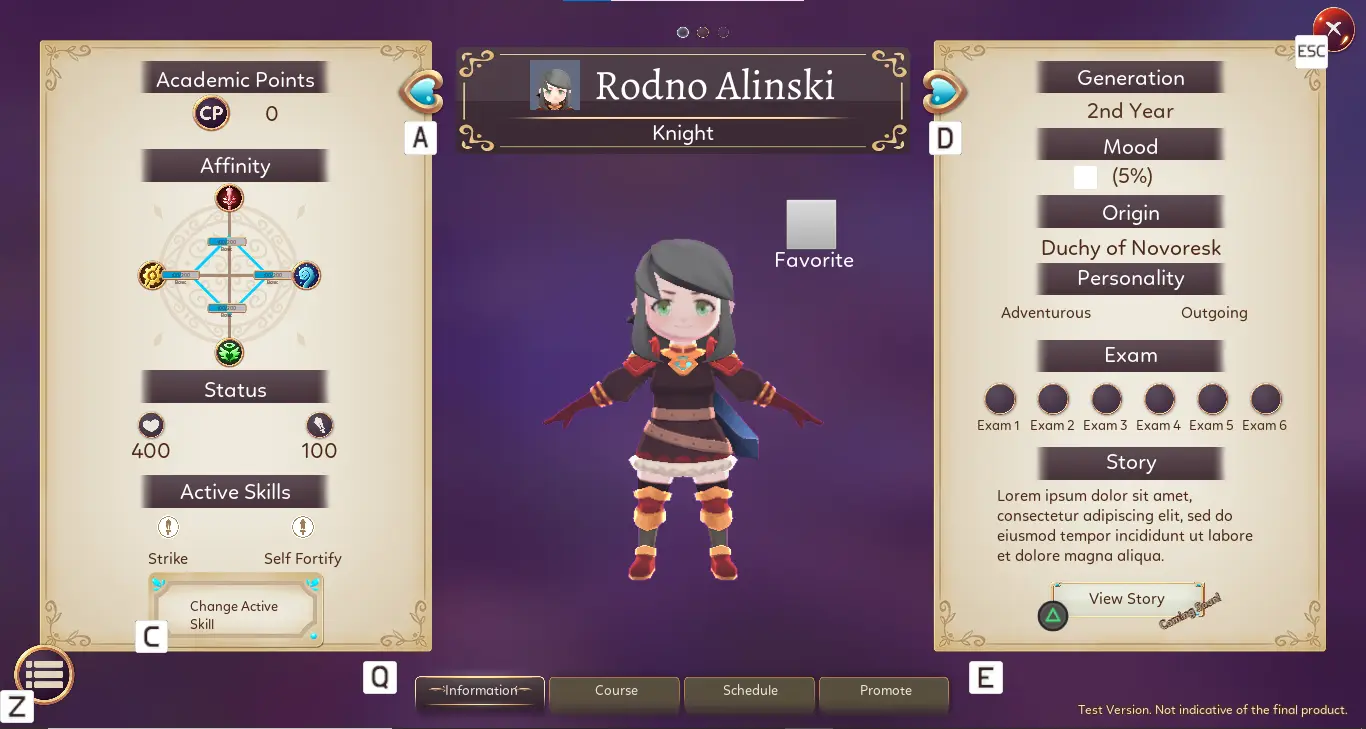
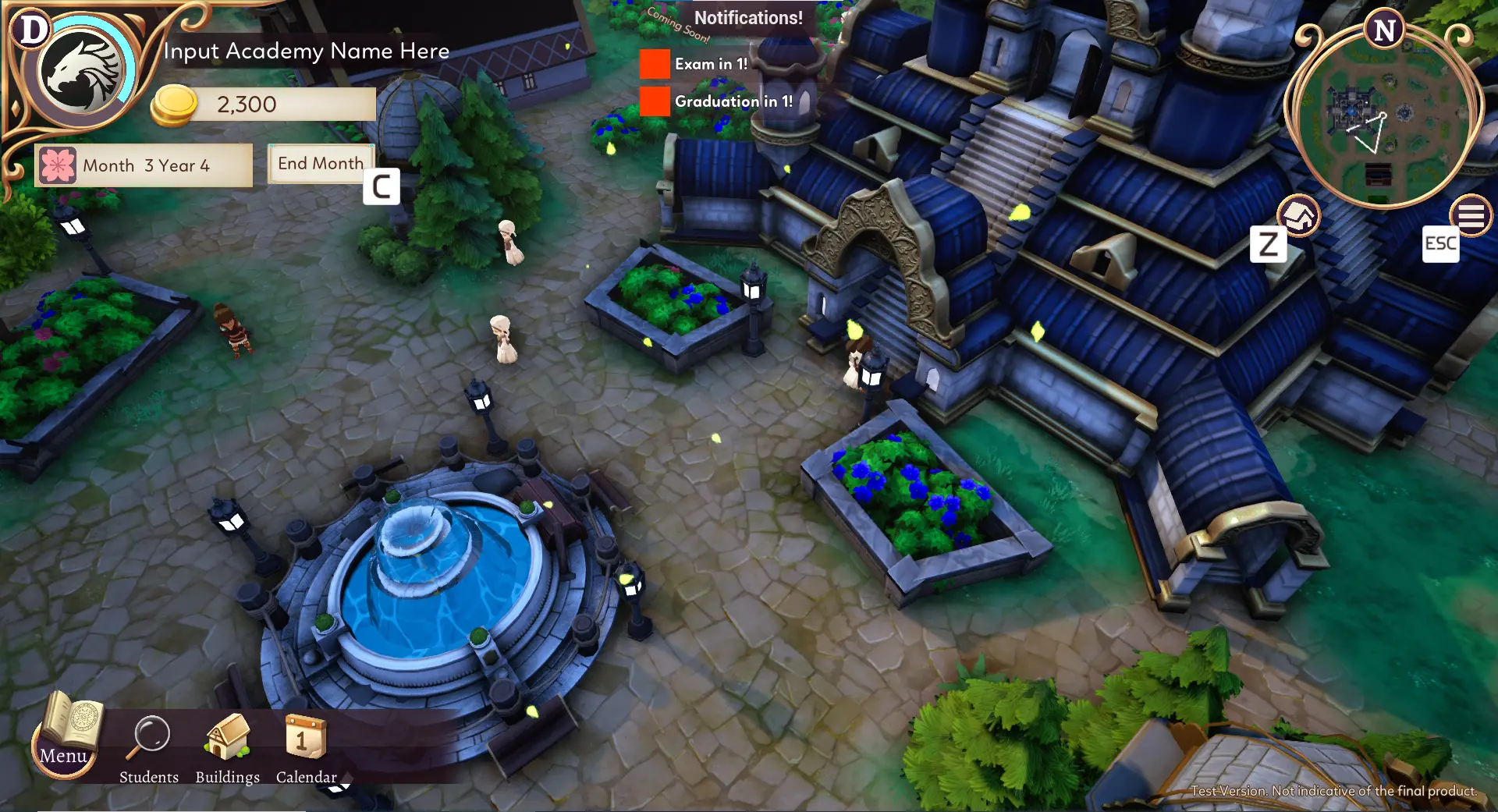
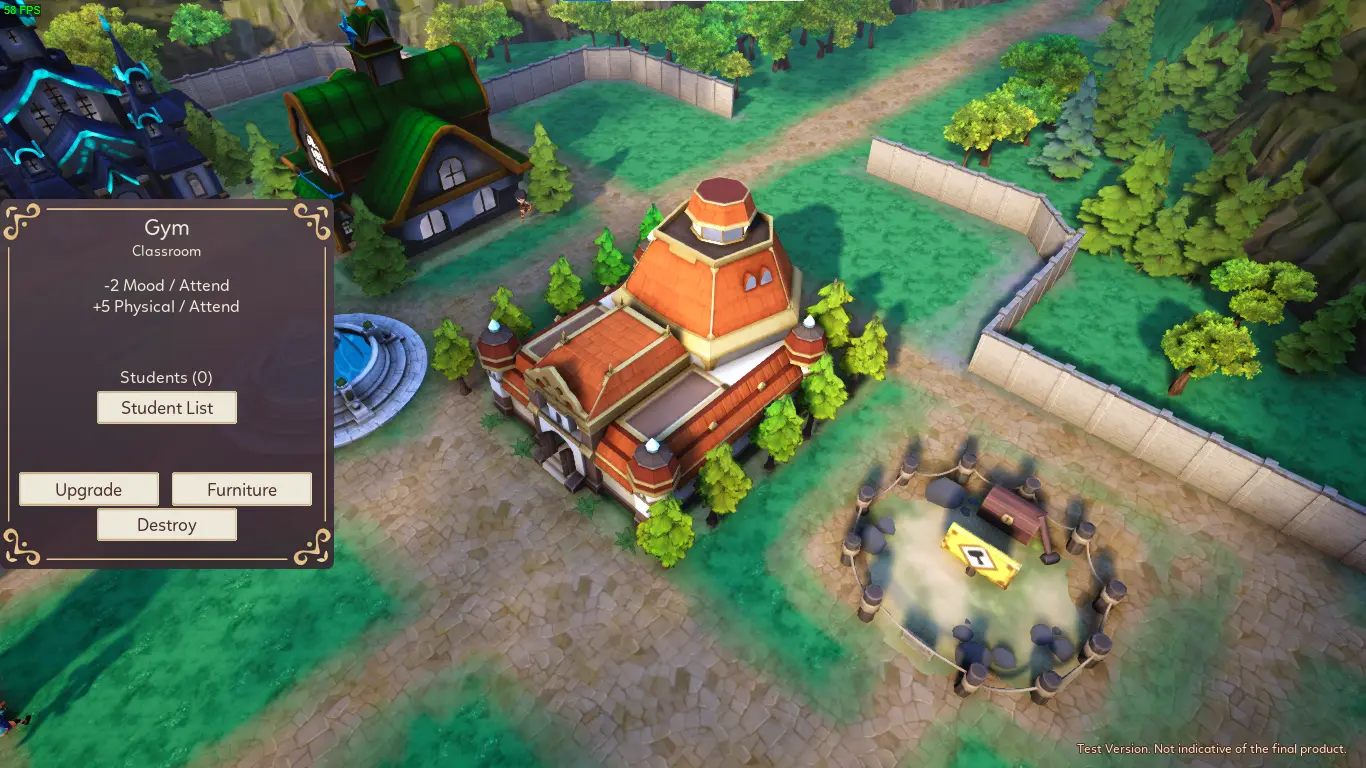
Vertical Slide – Valthirian Arc Hero School Story 2
Product Launch
This is the phase where the game is officially released to the market, and it enters the introduction stage of its product life cycle. The development team puts extra effort to ensure the game is polished and ready for a wider audience, so they’re very strict quality assurance procedures to minimize any bugs. At the same time, the PM teams up with the marketing team to promote the game.
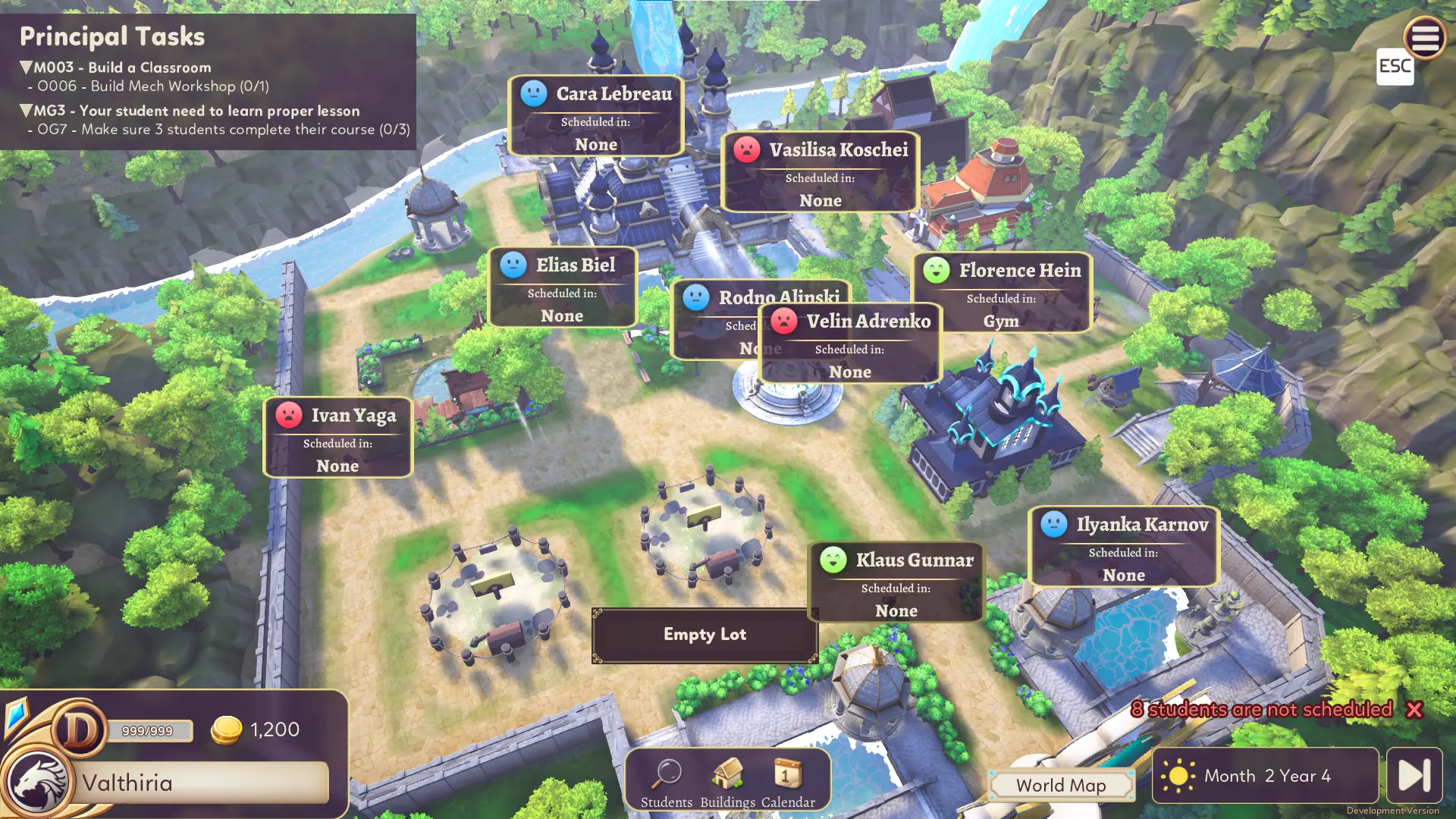
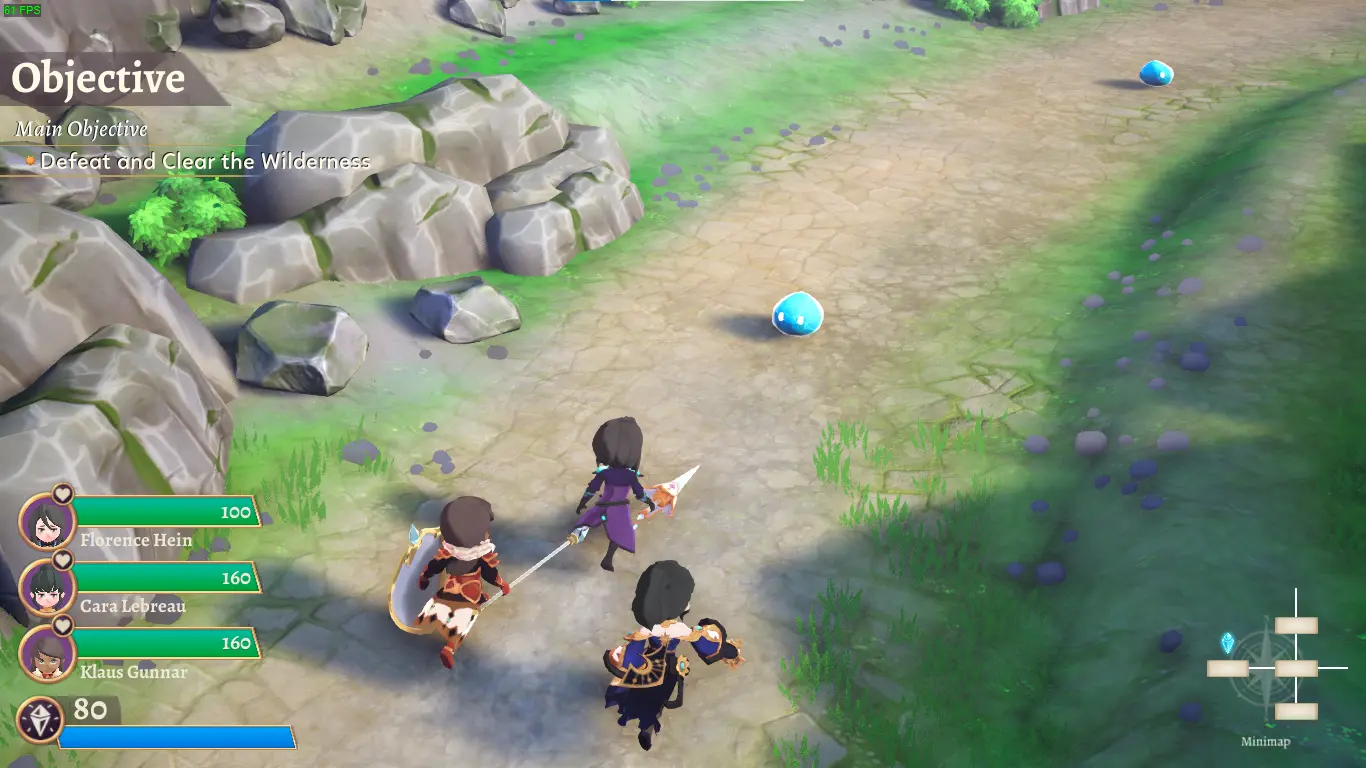
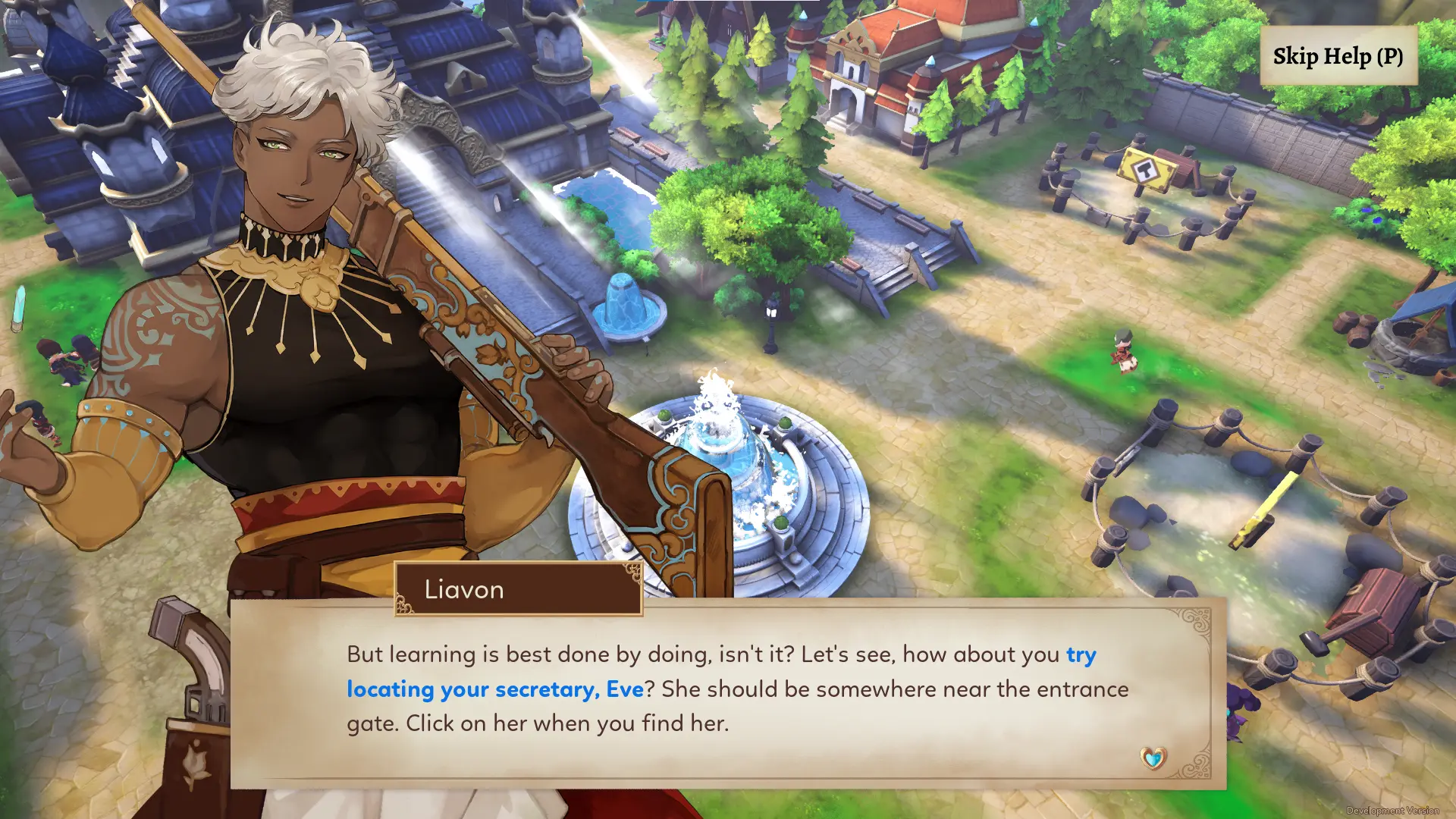
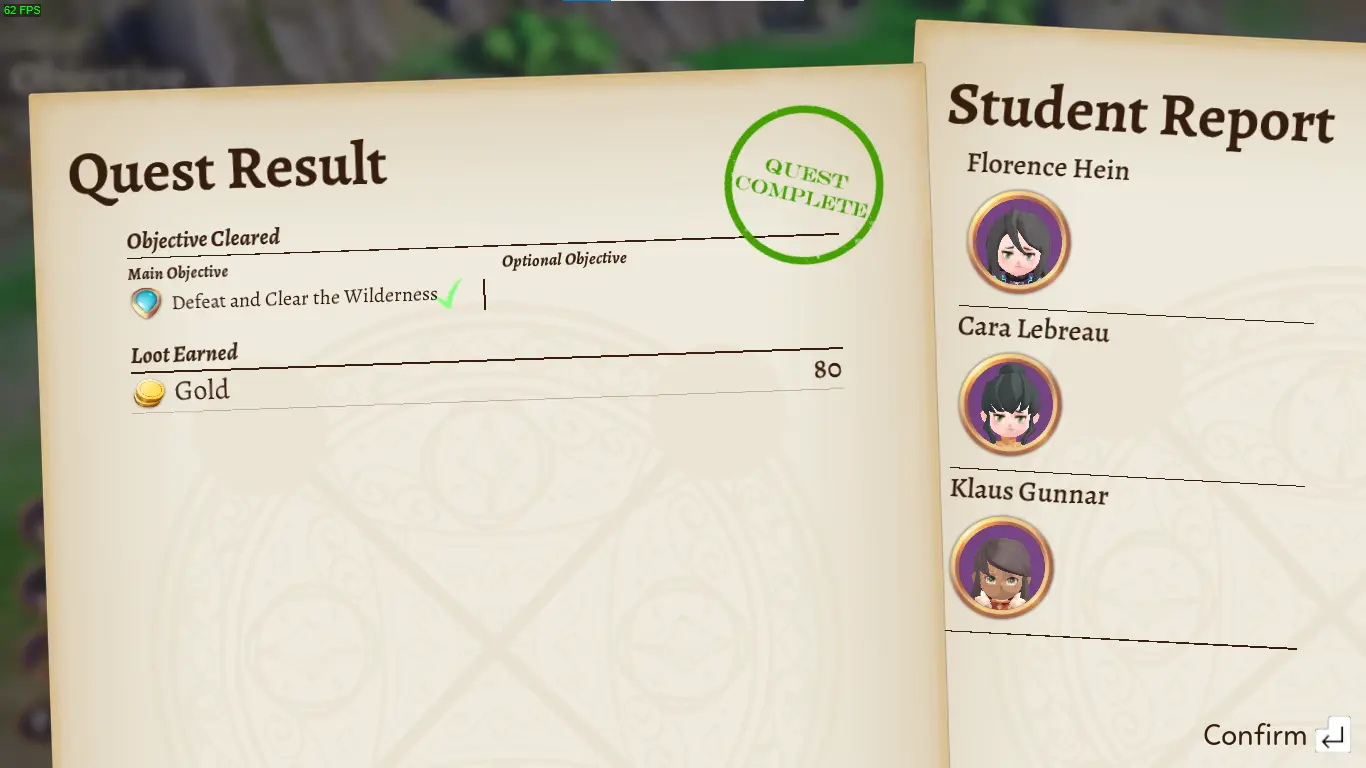
Launch Trailer – Valthirian Arc: Hero School Story
Live Ops
This phase aims to maintain the game’s player community by keeping them engaged. An example is by offering regular updates and organizing events, which are decided based on user feedback and analytics. This phase is linked to the growth to maturity phase of the product life cycle, and it’s managed by the PM and the live ops team.
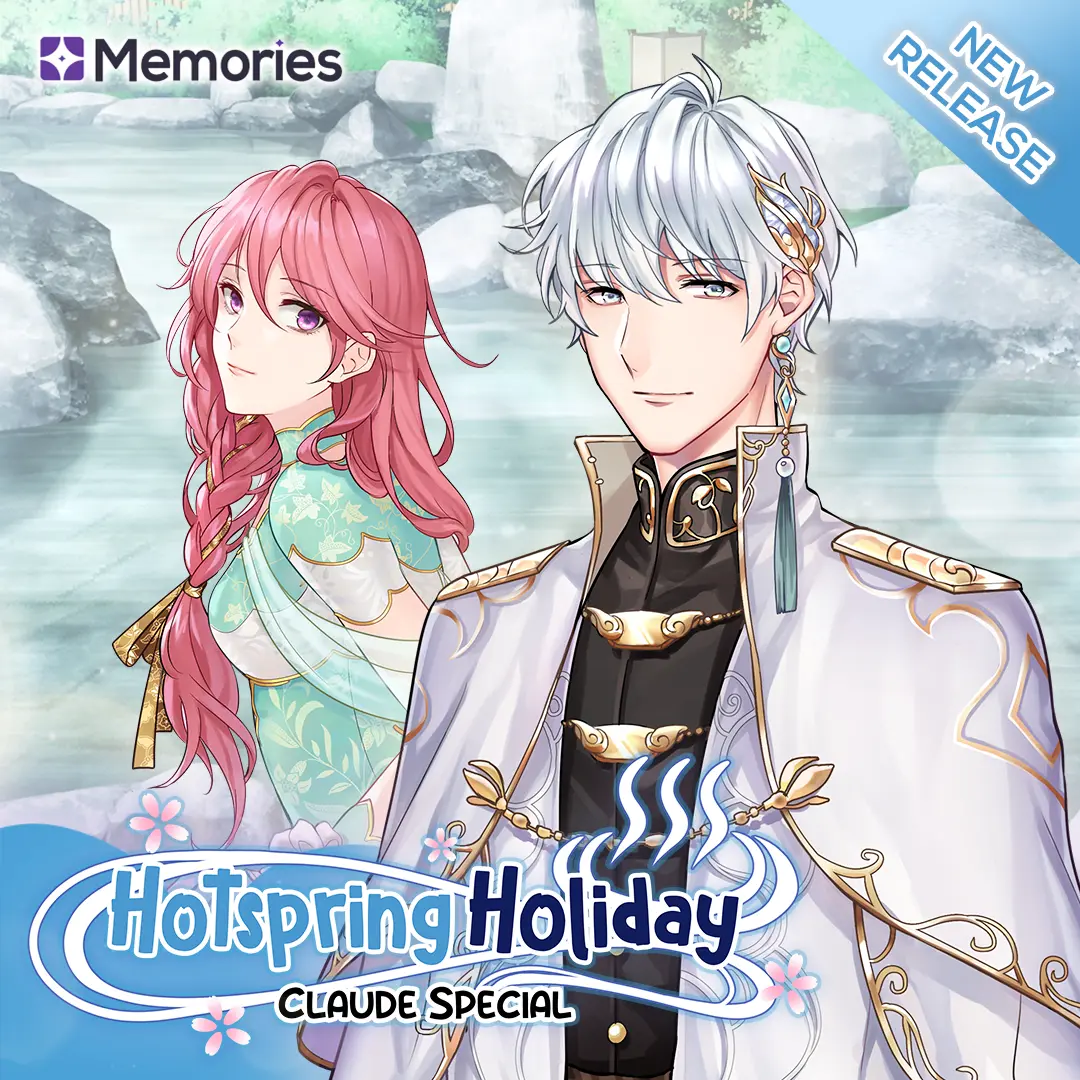
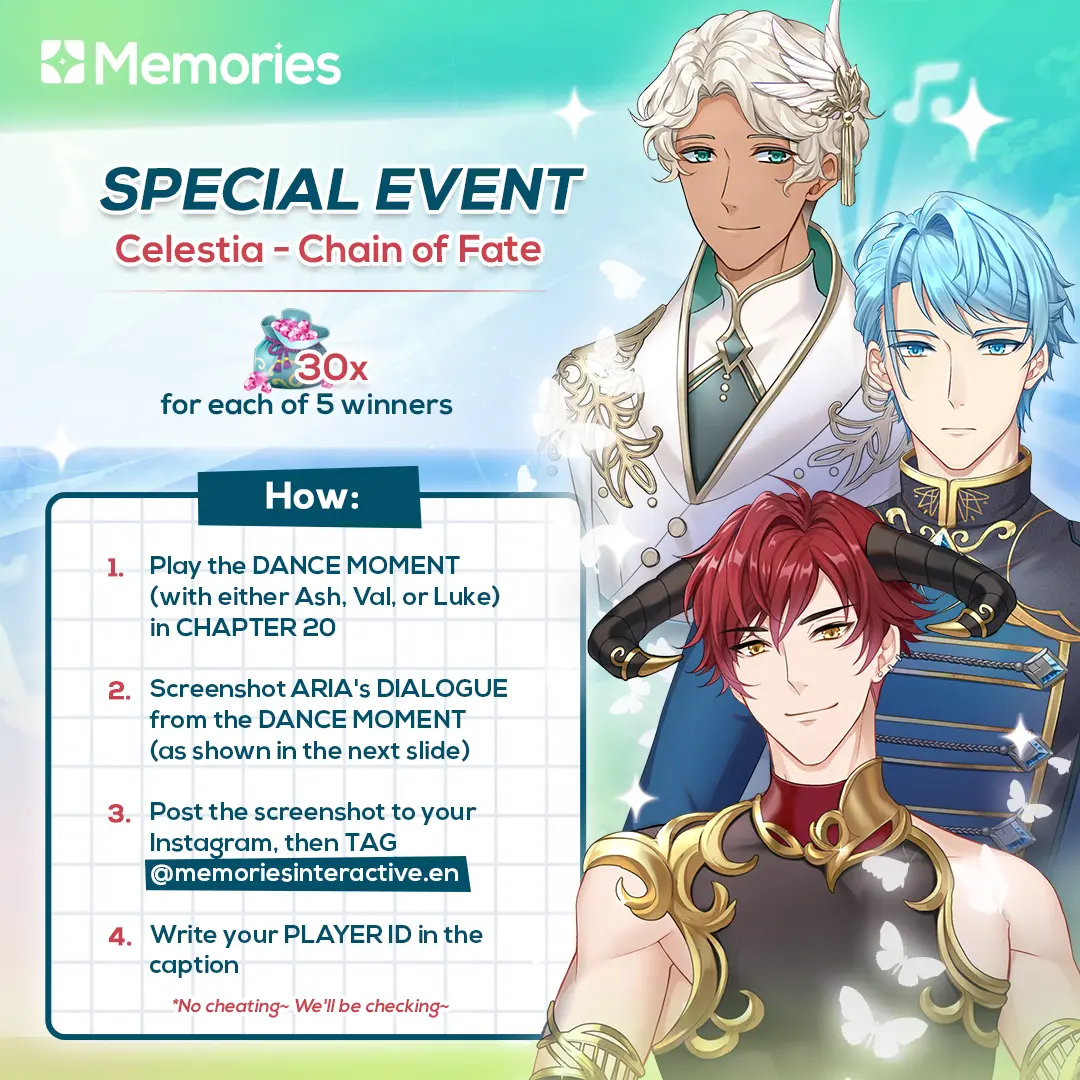
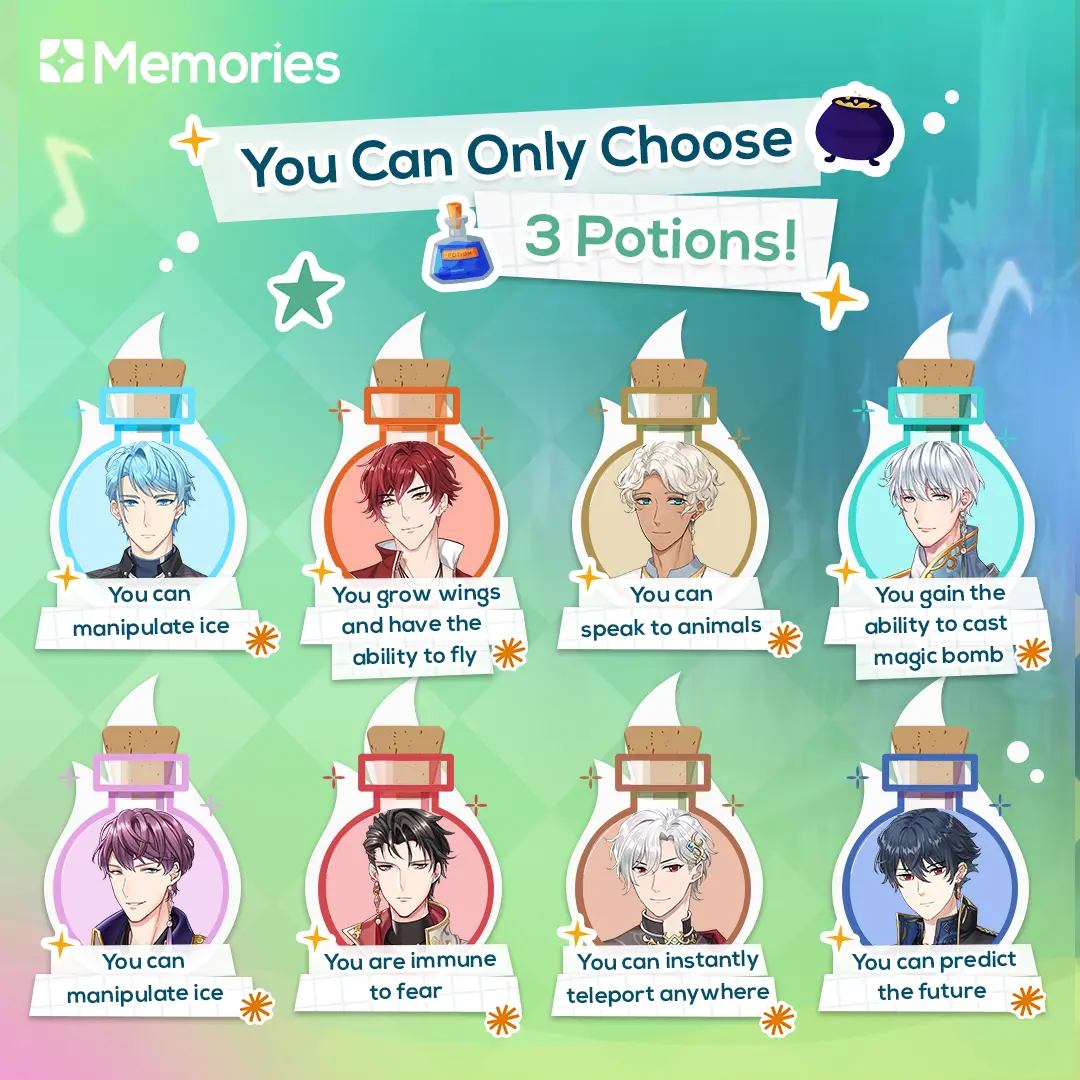
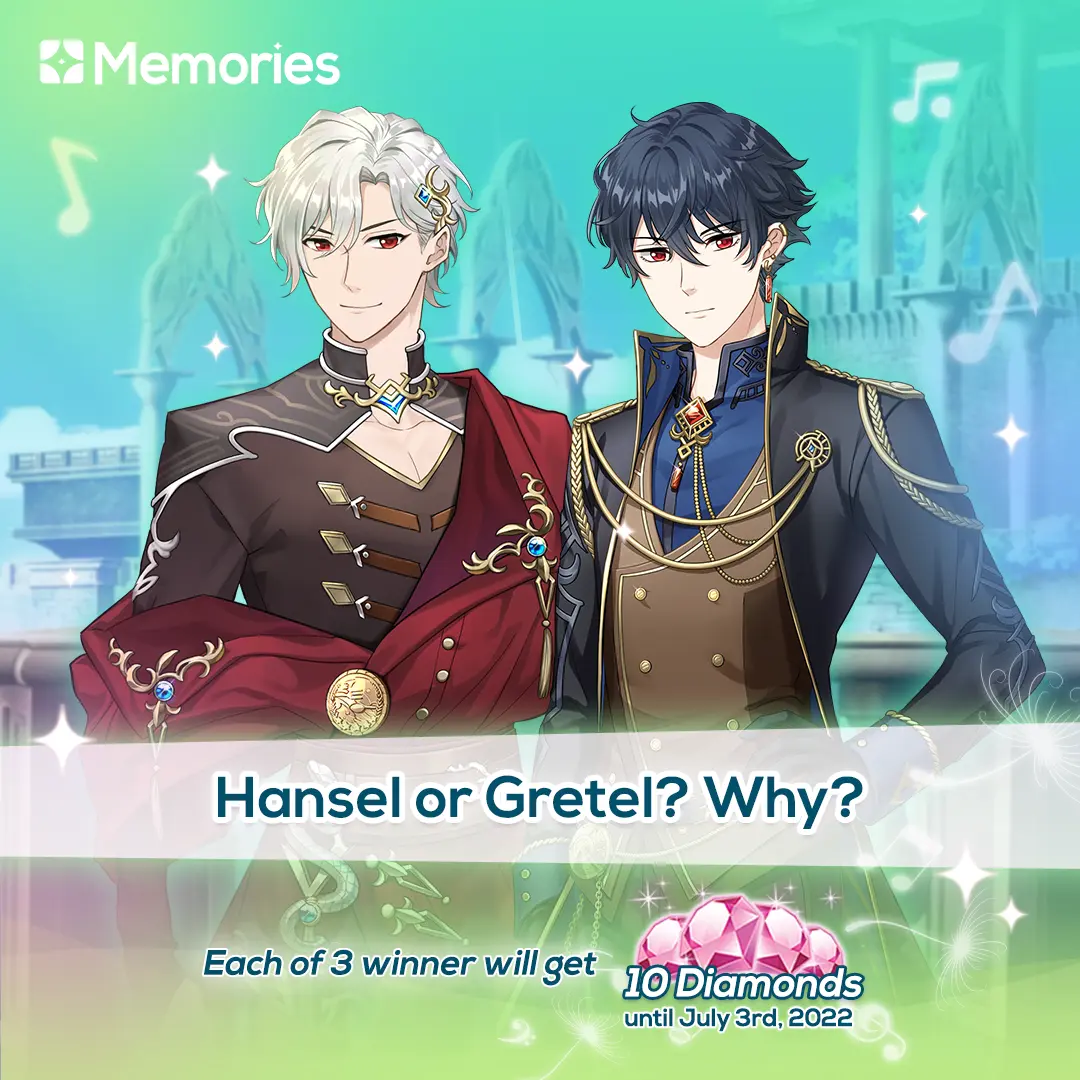
Live Ops – Memories
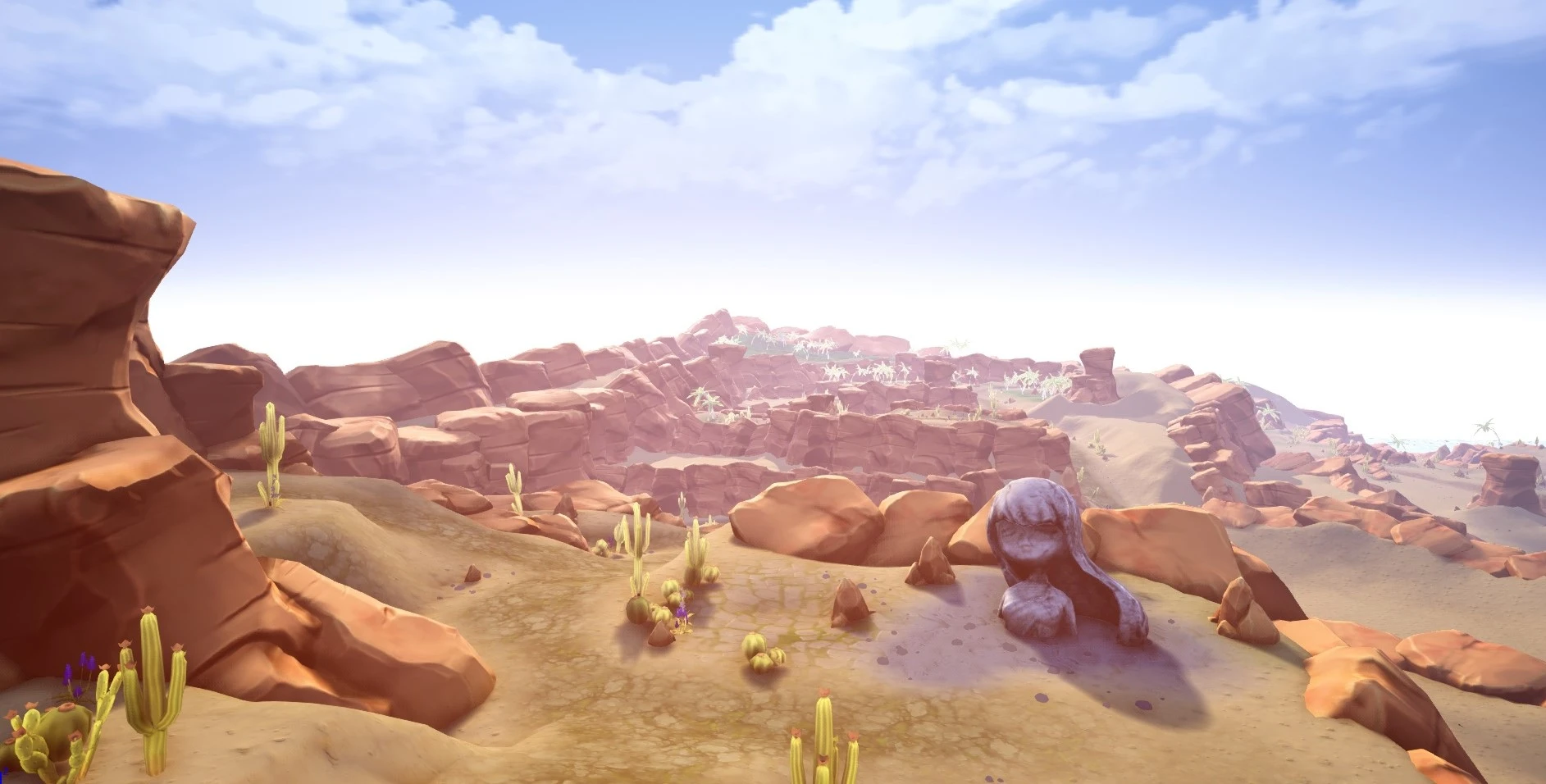
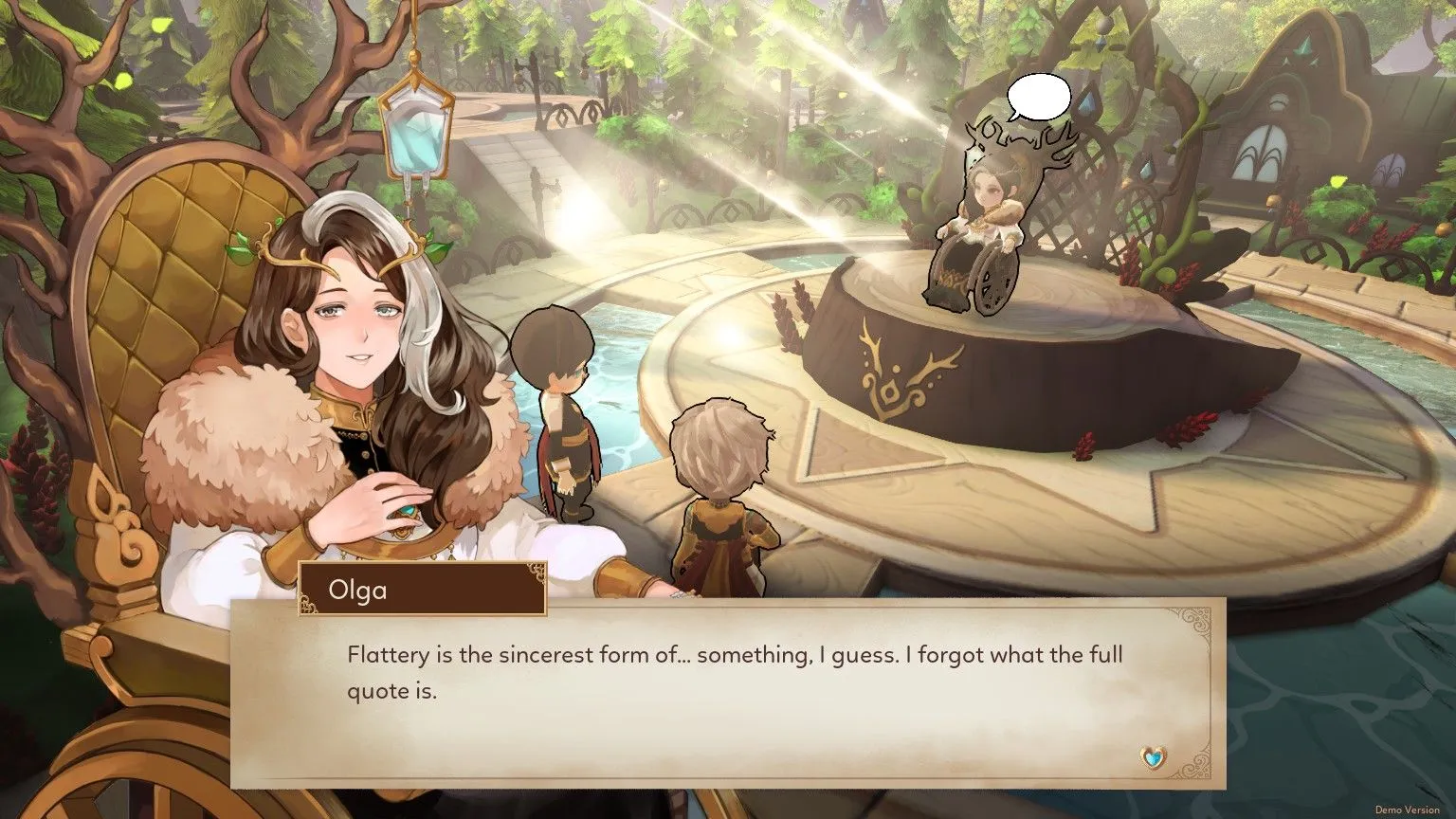
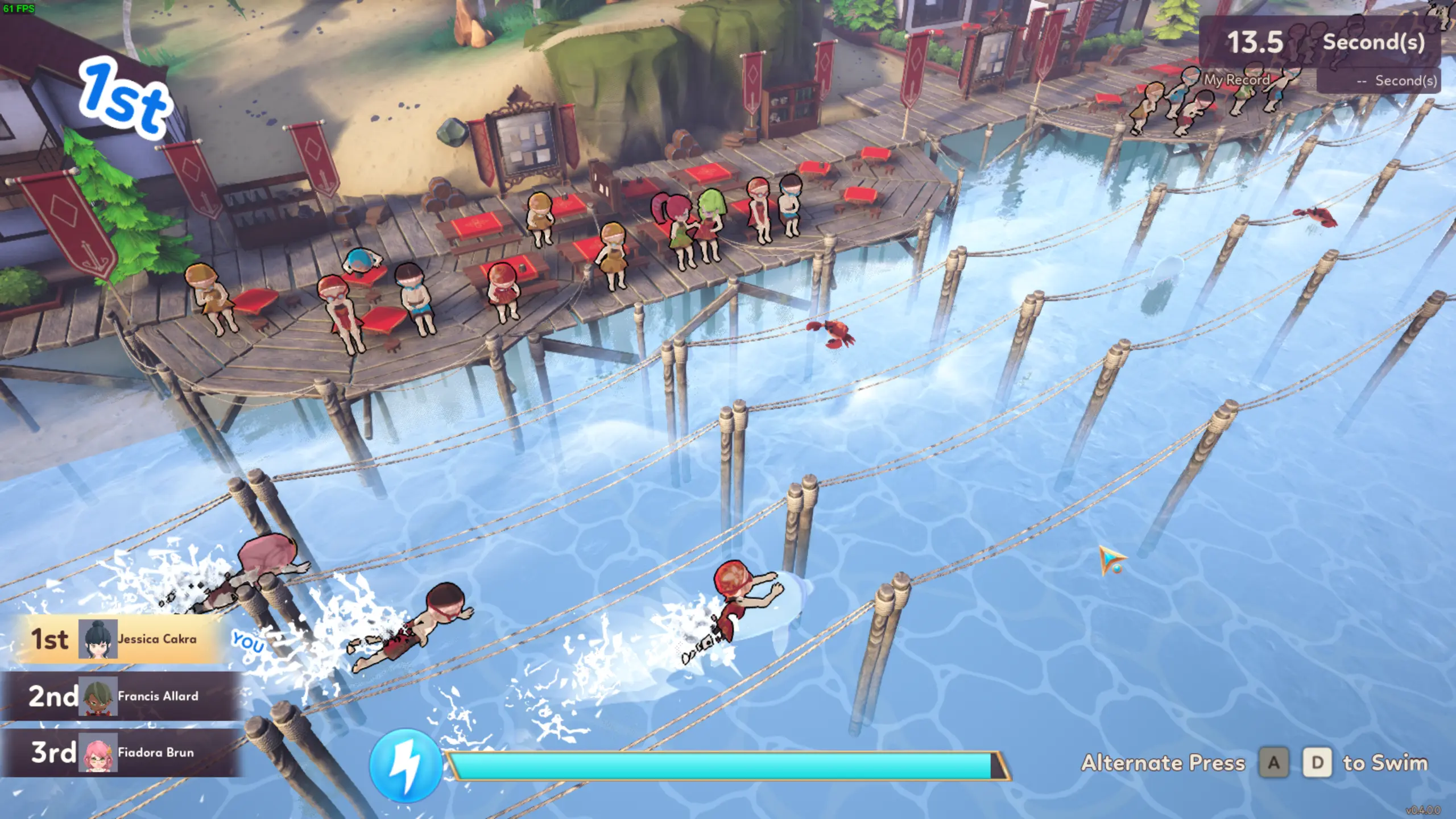
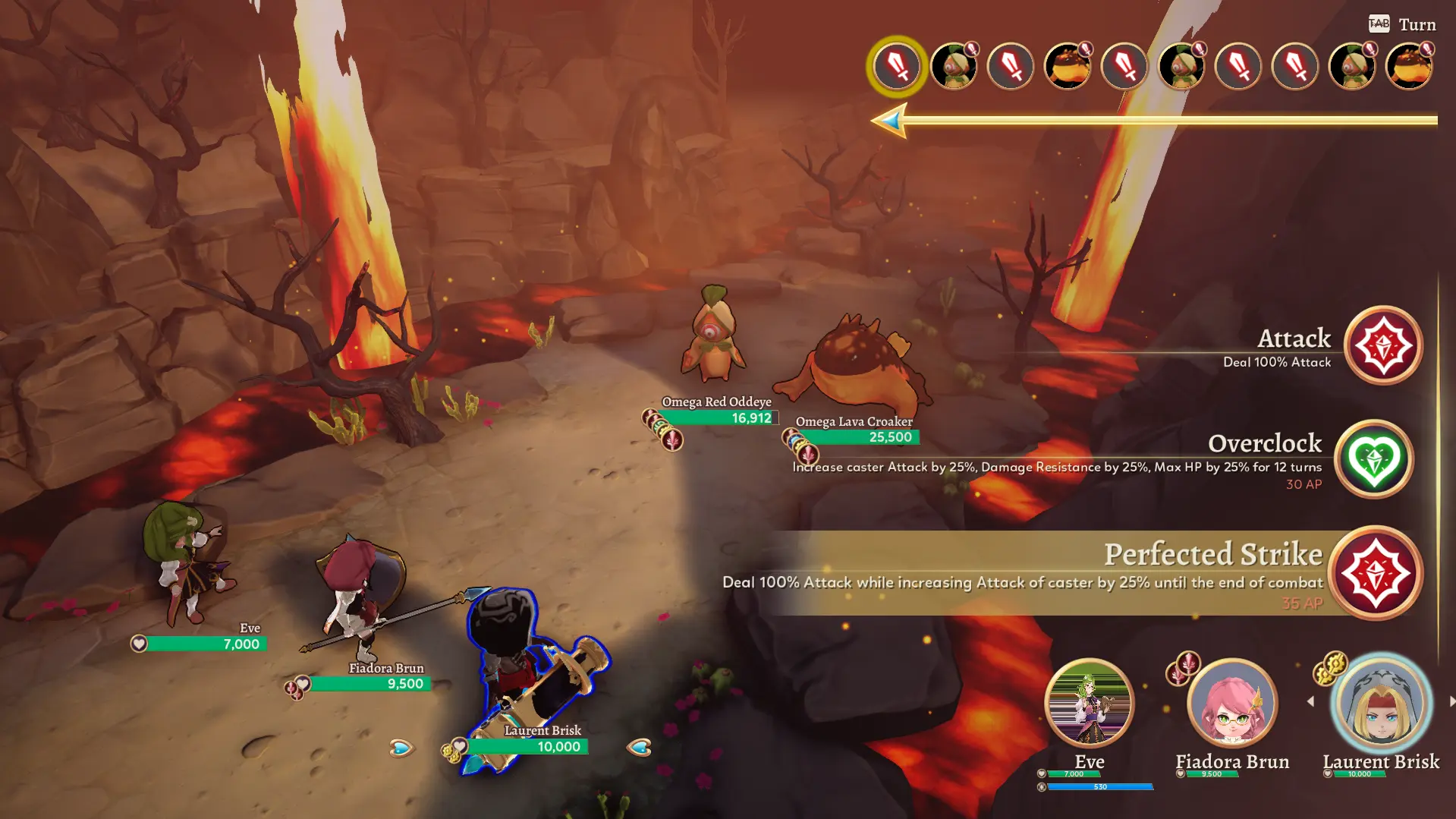
Early Access Update – Valthirian Arc Hero School Story 2
Sunset
At some point during game development, the product manager might need to decide if they need to shut down all operations related to the game based on factors like revenue and user numbers.
After reading about the step-by-step process of game creation, are you ready to join our adventure? Check out the vacancy list below!


